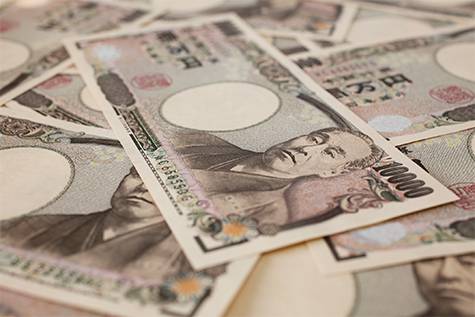The Japanese yen declined in Asian markets on Friday against a basket of major and minor currencies, moving away once again from the highest levels in two weeks against the US dollar, and heading toward incurring its first loss in the last three days, due to the release of bleak data on Japanese household spending during June.
This data, along with less aggressive remarks from political leaders in Japan, led to a decline in expectations of a Japanese interest rate hike in September, pending further comments and key statements from the world’s fourth-largest economy.
Price Overview
• Japanese yen exchange rate today: the dollar rose against the yen by 0.2% to ¥147.38, from today’s opening price at ¥147.11, and recorded the lowest level at ¥146.72.
• The yen had posted a gain of about 0.2% against the dollar at Thursday’s settlement, marking a second consecutive daily gain, approaching the highest level in two weeks at ¥146.62.
Bleak Data
Data released Friday in Tokyo showed that household spending in Japan rose by 1.3% year-on-year in June, below market expectations of a 2.8% increase, after recording a 4.7% rise in May.
The decline in consumer spending in Japan may pave the way for lower prices and a slowdown in the pace of inflation in the coming period. Undoubtedly, easing inflationary pressures on policymakers at the Bank of Japan reduces the chances of further Japanese interest rate hikes before the end of this year.
Japanese Comments
Ken Saito, a senior official in the ruling party, told Reuters that the Bank of Japan should be cautious about raising interest rates due to the expected impact of US tariffs on the fragile economy.
Japanese Interest Rates
• Following the above comments and data, the pricing of expectations for the Bank of Japan to raise interest rates by a quarter percentage point at the September meeting fell from 55% to 45%.
• Minutes from the June monetary policy meeting showed that some members of the Bank of Japan’s board said the central bank would consider resuming interest rate hikes if trade tensions eased.
• To reprice those expectations, investors are awaiting the release of more data on inflation, unemployment, and wage levels in Japan.


